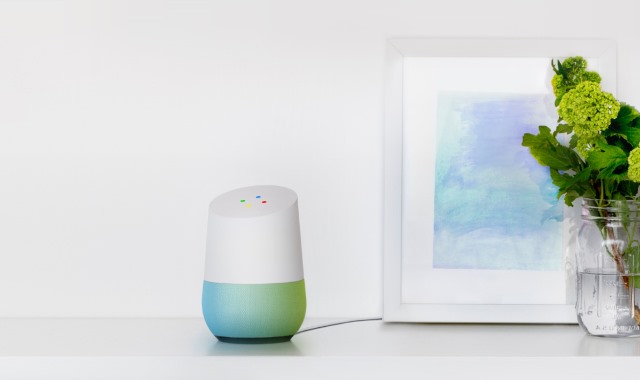
Google confirms Home devices are facing widespread breakdown
What happens when a digital assistant decides it no longer wants to help you? In what is either a case of a sentient digital uprising, or just a software bug that Google is scrambling to fix, owners of a Google Home smart speaker may be waking up today to realize their daily dose of traffic conditions and weather updates are not being delivered to them on a cloud-based silver platter as usual.
First brought to attention by a user on the official Google Home Help Forum a few days ago, many users are discovering that every single "OK, Google" request they make to the digital speaker is being met with an automated error message.

Tech companies retaliate against Theresa May's claim they offer a 'safe space' for extremists
Following the attacks on London over the weekend, prime minister Theresa May made calls for further regulation of the internet -- despite having already ushered in the snooper's charter, one of the most invasive pieces of online legislation in the world.
Speaking about the attacks, May said: "We cannot allow this ideology the safe space it needs to breed. Yet that is precisely what the internet, and the big companies that provide internet-based services provide." Google, Facebook and Twitter have all lashed out, saying they already do a great deal to combat terrorist and extremist content on their networks.
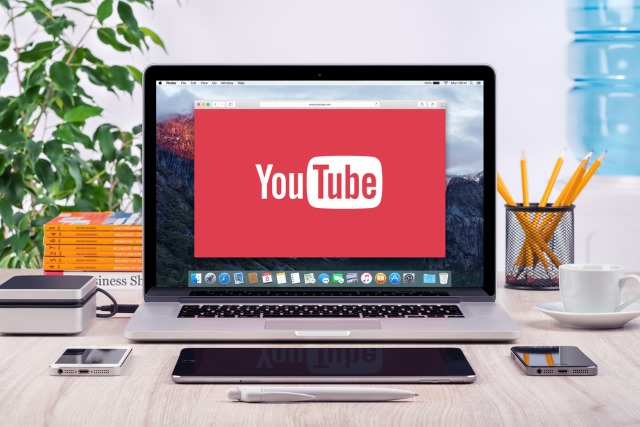
YouTube defines 'hate speech' and clarifies which videos can earn money through ads
It has been a few weeks since advertisers started to pull out of YouTube after concern about the placement of ads. Since then, the company has been scrambling to earn back trust and it says it has "held thousands of productive conversations with advertisers, and implemented additional controls to restore advertiser confidence."
Now YouTube has set out what it classifies as hate speech, and says that any content that falls into this category will not be eligible for monetization. It's a move that's designed to calm the fears of advertisers, but there is concern that the rules being put in place are now too strict and could affect the incomes of large numbers of YouTubers.

Google Photos starts using AI to suggest pictures for archiving
It's not really the time of year for spring cleaning, but Google is turbo-charging the Archive option in Google Photos with the added power of artificial intelligence. Archiving is only a recent addition to Google Photos, making it possible to clear out the clutter from your timeline, and now it has been boosted by AI.
The idea acknowledges the fact that while we might take a photo of something -- such as snapping a poster to save writing down dates and times of an upcoming event -- this isn’t something we necessarily need to see after it has served its purpose.
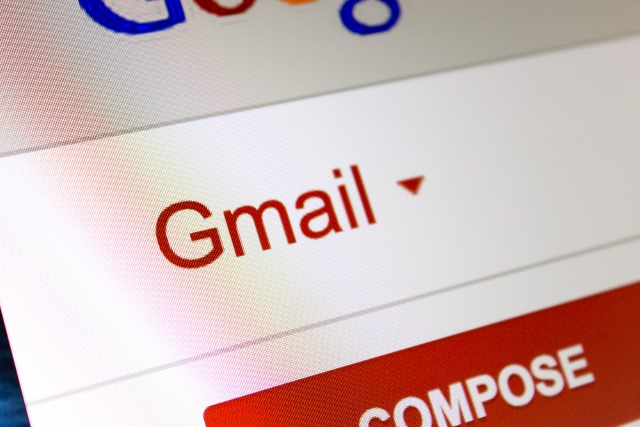
Gmail offers better malware and phishing protection for enterprises
Google has updated Gmail with a number of new security features aimed at businesses that require better protection against malware and phishing scams.
The company announced today that it is bringing early phishing detection to its email service by using machine learning along with click-time warnings for malicious links found in emails as well as unintended external reply warnings.
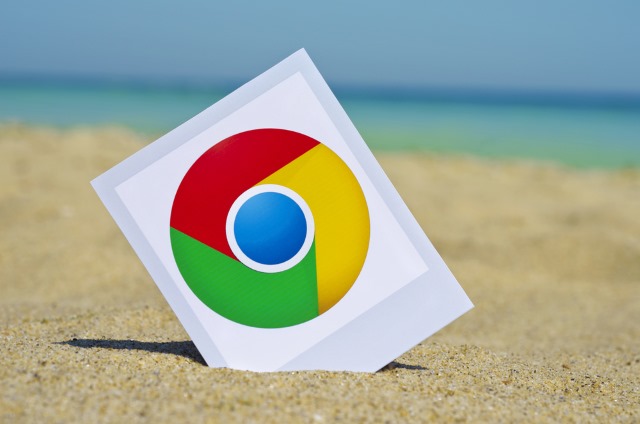
Google is building an ad blocker into Chrome in 2018
Starting early next year, Chrome users will benefit from an ad blocker built into the web browser. As part of its work with the Coalition for Better Ads, Google is looking to clamp down on intrusive ads that web users find most irritating.
Google is a company whose business model is built largely on advertising, and it is keen for the experience of being subjected to ads to be as painless as possible for people. But rather than block all ads -- killing revenue streams for many websites -- Google wants to block only those that do not comply with Better Ads Standards.
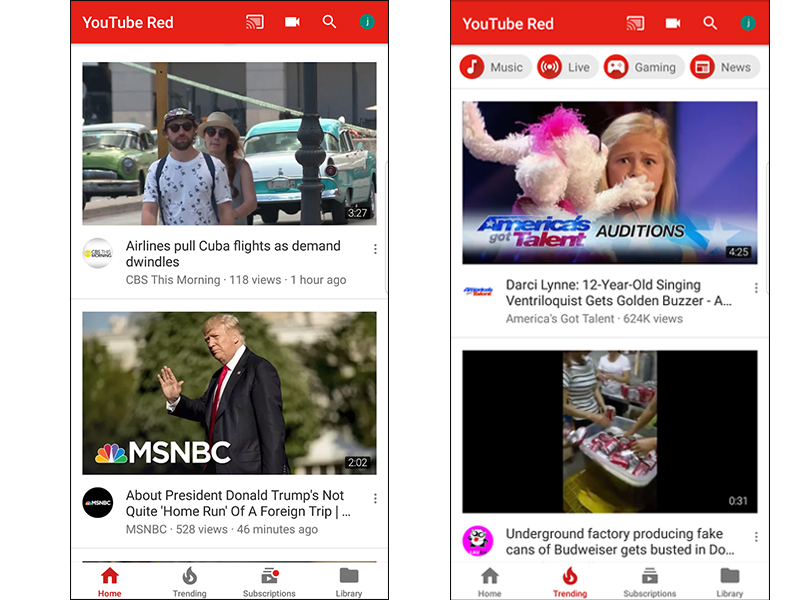
YouTube keeps Android users guessing, updates app
If you have automatic updates enabled on your Android phone, your index fingers and your brain may have hit a moment of panic and confusion as you realized everything was rejiggered from top to bottom, literally.
Par for the course with Google, you will now have to get used to a new interface, different placement of on-screen buttons, and more confusing navigation streams to get to the menu you want. That is, until you get used to it all, at which point you'll appreciate that they were all actual improvements after all.

Google celebrates the Muslim holy month of Ramadan رمضان مبارك
We are currently in the the Muslim holy month of Ramadan (May 26 - June 24). This is an important time for Muslims all over the world. They will be fasting during daylight -- a very arduous task indeed. In fact, not only do Muslims abstain from food during these hours, but beverages too -- including water! To our Muslim readers, we say Ramadan Mubarak and Ramadan Kareem!
To mark this wonderful time in the Islamic community, Google is offering some special websites and notifications in its services. This includes Maps, YouTube, Google Play, and more.

Microsoft, Google, Facebook and others write to House of Representatives asking for reform of NSA surveillance
A letter signed by more than 30 major technology companies has been sent to the House Judiciary Committee calling for a number of key changes to be made to NSA surveillance. The letter, signed by the likes of Facebook, Twitter, Google and Mozilla, asks lawmakers to make a number of considerations when reforming Section 702 of the FISA Amendments Act.
The signatories refer to themselves as "U.S.-based companies that provide consumer and business technology, products, and services around the world through the use of electronic data." Their letter is timed to coincide with debate about the reform of Section 702 which is used to justify NSA surveillance programs, and is due to expire at the end of the year. There are calls for increased transparency and controls, as well as the suggestion that surveillance should be reined in.

Google search's Personal tab shows results from your emails, calendar and other G Suite content
Personalized results in Google search are not exactly new, but the company has now introduced a new way to section off truly personal results. A new Personal tab (which you would be forgiven for missing as it's a little hidden out of the way) filters search results to show you only matches from your own Google content.
What this means is that you are able to easily see search results from your Gmail emails, Google Photos, Calendar and other G Suite components without having to conduct searches in each one individually. But is there cause for concern when it comes to privacy?
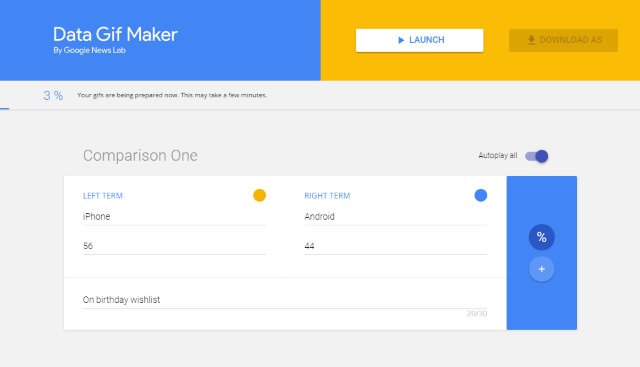
Google launches Data Gif Maker so you can create animated GIFs to illustrate data
As names go, it's clear that little thought went into Google's new Data Gif Maker. It's a simple tool that lets you create animated GIFs to compare statistics about two different topics. Google says the free tool is aimed at journalists, but anyone with a website is able to use it however they want.
The idea is simple. Rather than just saying Android is more popular than iPhone, you can let a graphic do the work for you. Data Gif Maker produces bar charts that we have all become familiar with during elections, giving an easily-interpreted visual representation of basic stats -- but these are animated to make them more eye-catching.

You can finally buy Google Jamboard
Google announced the Jamboard way back in October of last year. Then, in March, the search giant revealed that the Microsoft Surface Hub competitor would go on sale in May of 2017. Unfortunately, May came and there was no Jamboard -- until today.
Yes, Google's Jamboard -- which requires a G Suite plan -- goes on sale starting today (in the USA, at least). If you have been clamoring for the opportunity to purchase it for your business' meeting room, you can finally part with your $5,000. Google will also charge $600 a year for management and support, but if you buy before September 30, the company will give you 50-percent off your first year.
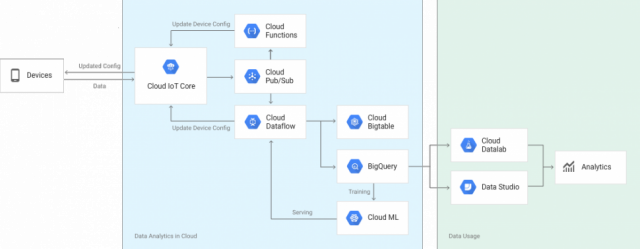
Google Cloud IoT Core helps businesses manage data and devices
Google has announced the launch of a new service to help businesses handle large volumes of data created by their IoT devices.
IoT Core will look to take on the likes of AWS and Microsoft, although a company's spokesperson says that Google is not playing catch up.
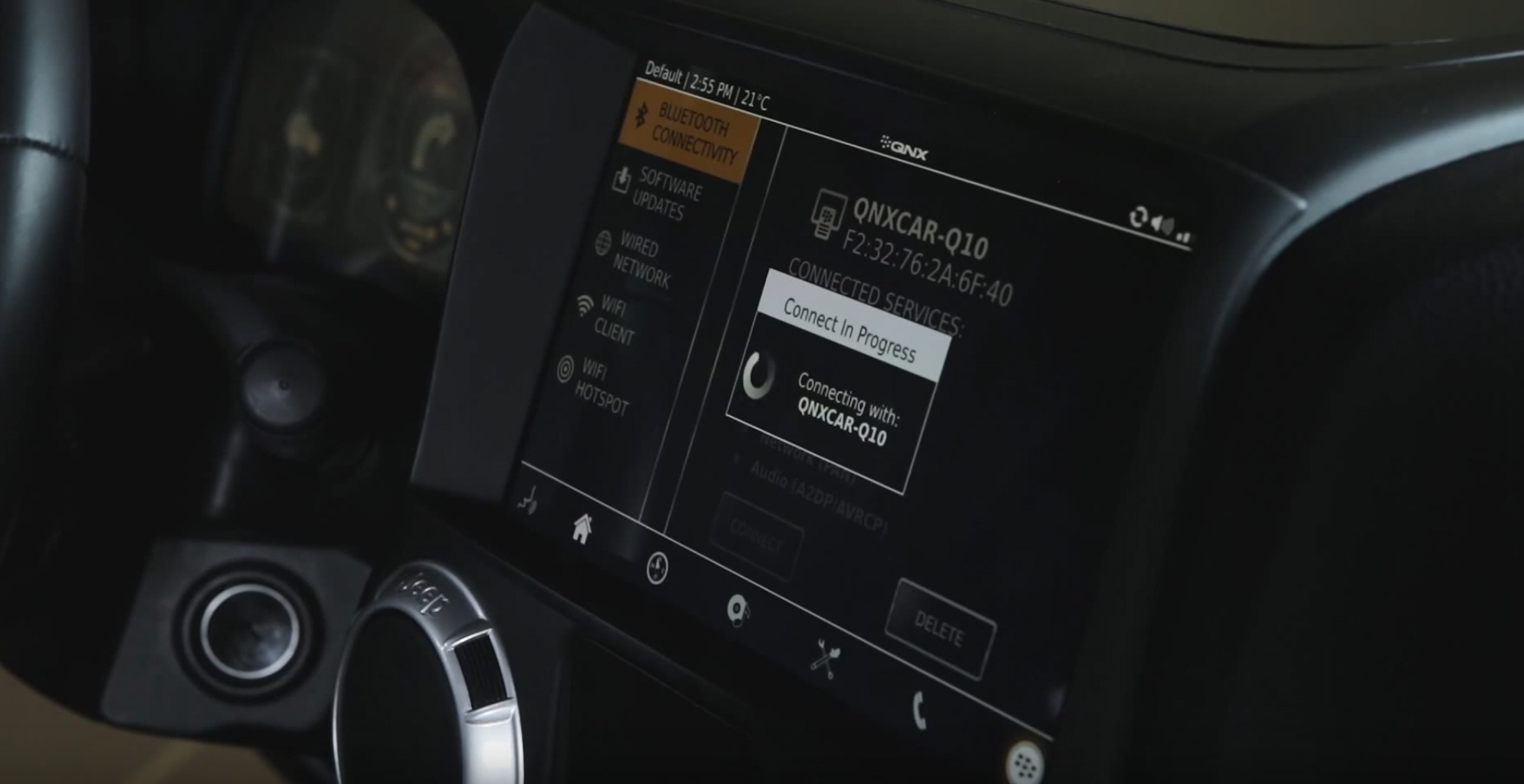
Android vs. BlackBerry Round 2: The battle of car operating systems
BlackBerry has a pretty decent market share. When was the last time you heard that sentence? If you're talking about smartphone competition, it's been a while. In the world of in-vehicle operating systems, however, a new story is beginning to unfold.
As with its phone business, BlackBerry has a storied history with in-car telematics, with a footprint dating back more than 20 years. Its most relevant current presence, though, goes back to 2010. That's when BlackBerry (then known by the now-defunct parent company name Research in Motion) acquired the Unix-based embedded operating system QNX.
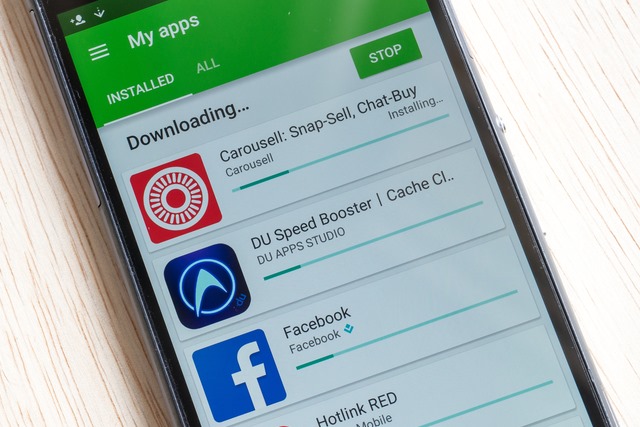
Google lets developers exclude app support for rooted Android devices
Netflix is the first big name on Google Play to block Android devices that are rooted or have an unlocked bootloader from downloading its app. And it looks like it may not be the last, as now Google is officially giving all developers the option to do the same.
Developers on Google Play can enforce support exclusions based on a device's SafetyNet status, which is also what Netflix has used to restrict access. Out of the box, rooted devices or devices with an unlocked bootloader are supported, but developers have two options that they can choose to change that.
